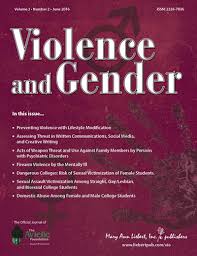 A journal is reviewing a paper about trends in rape at U.S. colleges after the author realized a mistake.
A journal is reviewing a paper about trends in rape at U.S. colleges after the author realized a mistake.
Although the journal Violence and Gender hasn’t issued any editorial notice about the paper, Inside Higher Ed published a correction July 14 to its original news story about the topic.
“Dangerous Colleges: Associations Between School-Level Factors and the Risk of Sexual Victimization of Female Students” found that the risk of rape was higher at large, public institutions, but after the author realized he had made a coding error, he contacted Inside Higher Ed to explain that the risk of rape was higher only at public universities, regardless of their size.
The paper appeared in the June, 2016 issue of the journal; Sophie Mohin, Assistant Managing Editor for publisher Mary Ann Liebert, told us the author alerted the journal to the mistake on July 12: Continue reading Journal taking second look at paper on campus rape


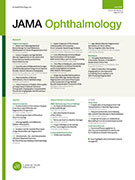 A JAMA journal has quickly issued a correction for a 2016 paper after the author failed to mention several relevant conflicts of interest. Normally, we’d see this as a run-of-the-mill correction notice, but since we reported last week that a
A JAMA journal has quickly issued a correction for a 2016 paper after the author failed to mention several relevant conflicts of interest. Normally, we’d see this as a run-of-the-mill correction notice, but since we reported last week that a 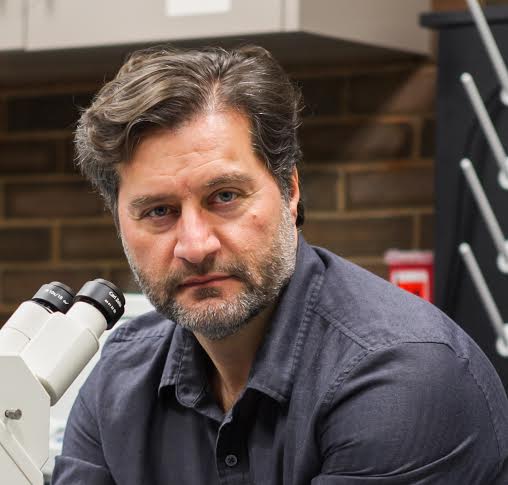
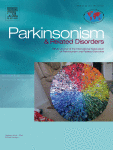 A bone researcher in Japan has logged his sixth retraction, after acknowledging he duplicated substantial portions of a 2011 paper and added “honorary” co-authors.
A bone researcher in Japan has logged his sixth retraction, after acknowledging he duplicated substantial portions of a 2011 paper and added “honorary” co-authors.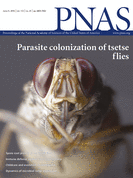 Researchers are retracting two papers about molecular signalling in plants —
Researchers are retracting two papers about molecular signalling in plants — 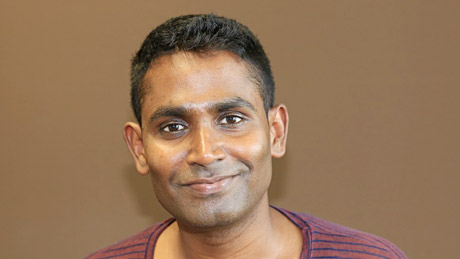
 We’re so inundated with story ideas and projects, we need some extra help! Specifically, we’re looking for a part-time editor who can be available during specific hours when we need an extra pair of hands.
We’re so inundated with story ideas and projects, we need some extra help! Specifically, we’re looking for a part-time editor who can be available during specific hours when we need an extra pair of hands.